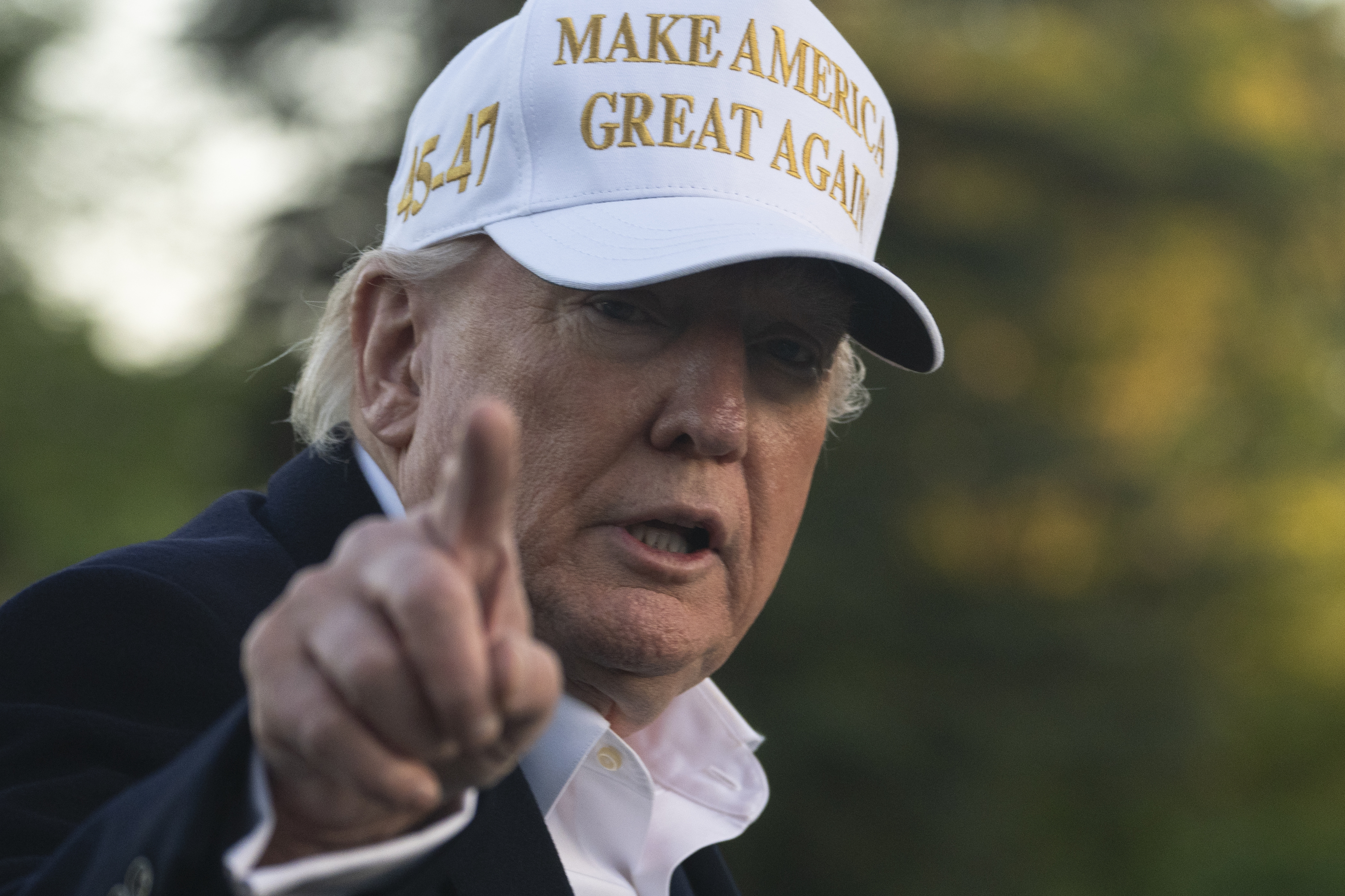For the first time, the Government is organizing the 'Invest in Spain' Forum amidst a pause in private capital investments. The sector is frozen untilthe remaining 70 days of the tariff pause expire self-imposed by the US to negotiate its trade regime and tariffs with half the world. Representatives from 75 companies from 25 countries, including about 22 American companies, will attend the meeting. They have investments in Spain or intend to, discussing projects of interest with national companies and members of several ministries and autonomous communities.
According to data from the State Secretariat for Trade, last year the largest foreign investments were channeled through the UK, the US, France, and Germany. For the first time, London surpassed its American counterpart as the top capital emitter towards our country. The Government denies that, at the moment, there has been a slowdown in commercial relations with the US, which "involve more than 4.400 billion euros daily in exchanges." Among the sectors participating in this forum, tourism will not be present, but others of "high added value," as explained by the State Secretary for Trade, Amparo López Senovilla, such as technology, renewable energies, automotive, aerospace, or the chemical industry, among others. After the Americans, the next largest delegation is from Japan, ahead of China and Germany.
This meeting with international investors comes at a crucial time for the private capital market, where major investors have decided to pause and wait to see what happens at the beginning of summer, after the grace period of the Trump Administration ends. The American tycoon has disrupted the plans of all investment banks that have halted ongoing corporate operations awaiting the end of the 90-day truce in its tariff policy. In the private capital market, much larger than public markets, operations can collapse like a house of cards when any element of the equation is unclear. "It has come to a sudden halt, as it usually does in these situations. We have seen banks with everything frozen in the mergers and acquisitions business," state from the private bank A&G.
However, the halt currently experienced in Spain among major investment banks and consulting firms did not catch them by surprise. It had already been felt in countries like the UK and Germany long before, and as usual, the wave reaches here some time later.
"Uncertainty is the main issue in private capital. People need to input data into an excel sheet and the tariff pause only delays activity," recalls Cristina Almeida, Co-General Director of Alvarez & Marsal, an American firm. "So far, no operation has been canceled (...) although this situation affects larger deals," which are not common in Spain, where closed deals are of medium and small size, with little exposure to the US. This leads Almeida to think that perhaps our country may benefit from the tariff impasse.
"In investment banking, there are never definitive stops; it's a matter of price (...) because there are always people needing to sell assets," explains André Pereira, Managing Director for Iberia at Alantra, when referring to the rotation of portfolios in private capital, an investment made for a number of years and then sold to a third party.
Currently, major investment funds have hit the brakes because they are unsure if they will need additional liquidity in case investors start requesting refunds if things turn sour. It wouldn't be the first time. It has been seen in British real estate funds in recent years. Also, the poor performance of recent IPOs in Spain does not help.
The public market, the stock exchange, also contributes to the private capital standstill, where the latest debuts are causing significant losses to investors. Cox, formerly Abengoa, went public in November last year. Since then, its stock has dropped by almost 16%. Hotelbeds, the most anticipated IPO this year, debuted in February, and since then, investors have lost 30%. "A very cyclical value," state from Alantra, which participated in its IPO.
This Saturday marks a year since Puig's IPO. During this time, it has lost 33% of its market capitalization, amidst the luxury sector crisis in Europe. Currently, there are major IPOs on hold in the continent. One of them is Novobanco in Portugal, owned by the Lone Star fund, aiming for valuations of up to 7.5 billion euros for the operation. Also on hold until further notice is the potential acquisition of Grifols by the Brookfield fund, after a year.
In any case, Spain is well positioned for what will come after July. "We were coming from a 2025 at half throttle," points out Borja Oria, Partner and CEO of Arcano Investment Bank, who also believes that Spain could benefit. "The weakness of the dollar and the repatriation of capital from other regions (Canada, LatAm...) could channel new flows towards Europe, benefiting countries like Germany and Spain, with growth rates above average." The IMF forecasts a 2.5% growth for Spain this year.
